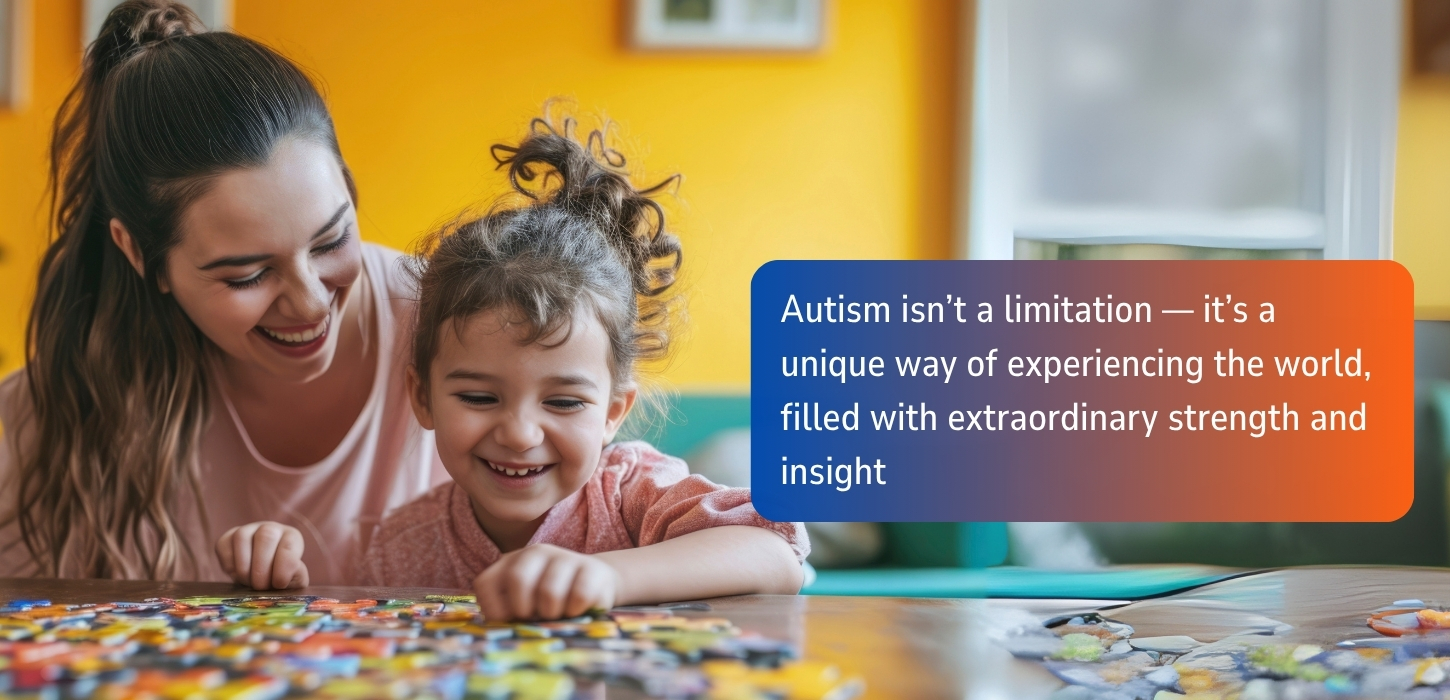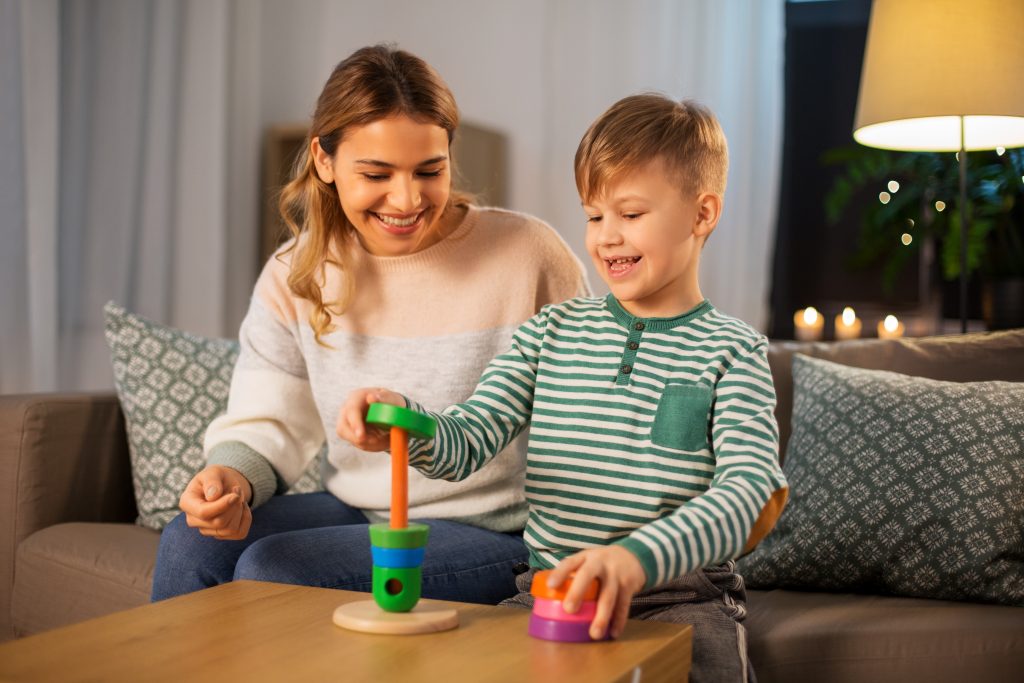
What is Autism?
Autism Spectrum Disorder (ASD) is a neurodevelopmental condition that affects a child’s communication, social skills, and behavior. It is called a “spectrum” because it presents differently in every individual — ranging from mild challenges to more complex needs. Children with autism may learn, communicate, or interact differently than their peers, but with the right support and a personalized approach like Autism Treatment in Homeopathy, they can thrive and lead fulfilling lives.
Symptoms of Autism
Autism symptoms can vary depending on age, developmental stage, and individual personality. Common signs include:
Difficulty with verbal and non-verbal communication
Limited eye contact or facial expressions
Repetitive behaviors like hand-flapping or rocking
Intense focus on certain interests or objects
Challenges in making friends or understanding social cues
Sensitivity to sounds, lights, or textures

Causes of Autism
The exact cause of autism is still unknown, but research suggests a combination of genetic and environmental factors:
Genetic Factors: Family history and specific genetic mutations may increase the risk.
Neurological Differences: Brain development and connectivity may differ in children with autism.
Prenatal & Perinatal Factors: Exposure to certain infections, toxins, or complications during pregnancy or birth may contribute.

Our Autism Services
At Fidicus, we specialize in gentle, natural, and individualized Autism Treatment in Homeopathy for children on the autism spectrum. Our approach is non-invasive, side-effect-free, and aims to support long-term developmental progress by addressing the root causes — not just the symptoms.
Customized Treatment
Each child receives a customized prescription based on their behavioral patterns, sensitivities, developmental history, and emotional needs.
Developmental Support
Our remedies help in improving attention span, reducing hyperactivity, enhancing speech clarity, and supporting emotional regulation.
Parental Counseling
We guide parents with lifestyle tips, behavioral understanding, and emotional support to help them care more confidently for their child.
Progress Monitoring
We continuously assess each child’s response to treatment and adapt the plan to ensure consistent improvement.


